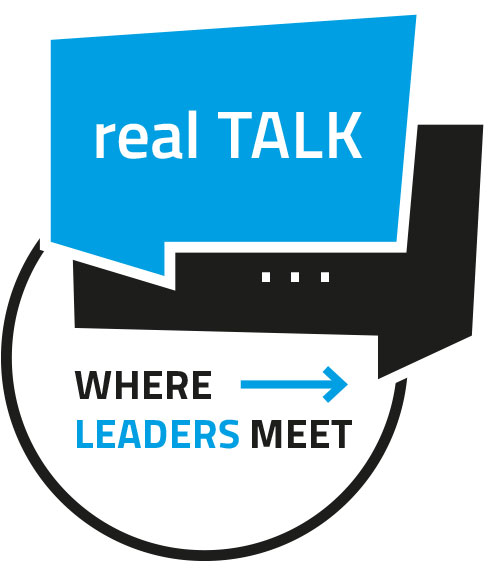The term “working out loud” is used by companies to describe a group structure that not only allows employees to discover new ways of working together, but also motivates them to learn new things together and complement each other in the best possible way. What it takes to implement this unique concept is practice.
Working out loud (WOL for short) means nothing more than forming a self-organized community within a company that supports each other and thus benefits from all the knowledge and experience of each individual. Large corporations such as Bosch, BMW and Siemens recognized the advantages of this way of working several years ago and are already successfully applying the WOL principle. For this success, there was not only great progress within the company, there was even a prize the “HR Excellence Award” for the segment “Employee Engagement & Collaboration”. That was in 2017, and now, just four years later, the principle is being applied in more than 60 countries around the globe. Under the hashtag #WOLCoP, companies can network online and share their experiences of “working out loud” with each other.
Working out loud changes the world of work
The “working out loud” concept first appeared at the end of 2010. In an article, Bryce Williams asked the question, “When will we start to Work out loud?” To which he immediately came up with the appropriate answer, “Soon!”. With that, he promoted changing one’s mindset. Instead of only being concerned with themselves and striving for power and recognition through their own achievements, employees should learn that it is much more efficient to use knowledge together to unlock even more achievements and learn from each other. Thus, the basic attitude should change from “knowledge is power” to “sharing one’s knowledge is power.” Supervisors should support this basic attitude, because the advantages were obvious: Together you can simply achieve more in a community where every word is equally important and valuable. Everyone who knows something should say it out loud, share it and teach others. From this new pool of knowledge, it should then be possible to find solutions to problems and thus bring existing projects forward more effectively. Of course, the joint work must be transparent at all times, not just in one room, but, thanks to digitization, even across national borders, simply everywhere.
How does working out loud work?
To learn how “working out loud” works, it helps to take a look at “Working Out Loud: For a better career and life,” a guidebook by John Stepper. In addition to the introduction of the exact method, interested parties will also find concrete tasks and instructions for corresponding meetings in which the WOL method is the focus. The book was published in 2015 and is still considered THE guidebook in this area. The basis is formed by so-called “Circles”, i.e. working groups in which each individual is supposed to learn to leave his or her personal comfort zone, to move beyond the fear zone into a zone of learning and to grow from there.
Five factors are needed to make this work:
1. Relationships
Building social networks consistently, both personally and professionally, helps drive WOL. Here, it’s important to encourage building and maintaining relationships.
2. Generosity
WOL is based on the principle of generosity. Performance here takes place without consideration. It is about sharing information and knowledge. This includes the distribution of valuable tips and useful feedback.
3. Visibility
The work should become visible and not take place in secret. Only in this way can colleagues see how the work is progressing, discuss intermediate results and continue together. In this way, each individual builds on the experience of the others and thus mistakes and duplication of work are avoided.
4. Learning goals
Within the Circle, everyone pursues his or her own learning goals and orients his or her activities to these goals. In addition, the goal is to learn to pursue one’s goals with discipline and focus, no matter in what area.
5. Growth Mindset
The feedback of others can help to improve one’s mindset, to let it grow and to leave one’s own comfort zone. It helps to accept the feedback of others, to change perspectives and to see this as an opportunity for one’s own growth. This makes you curious for life and work.
Image copyright: Thirdman




